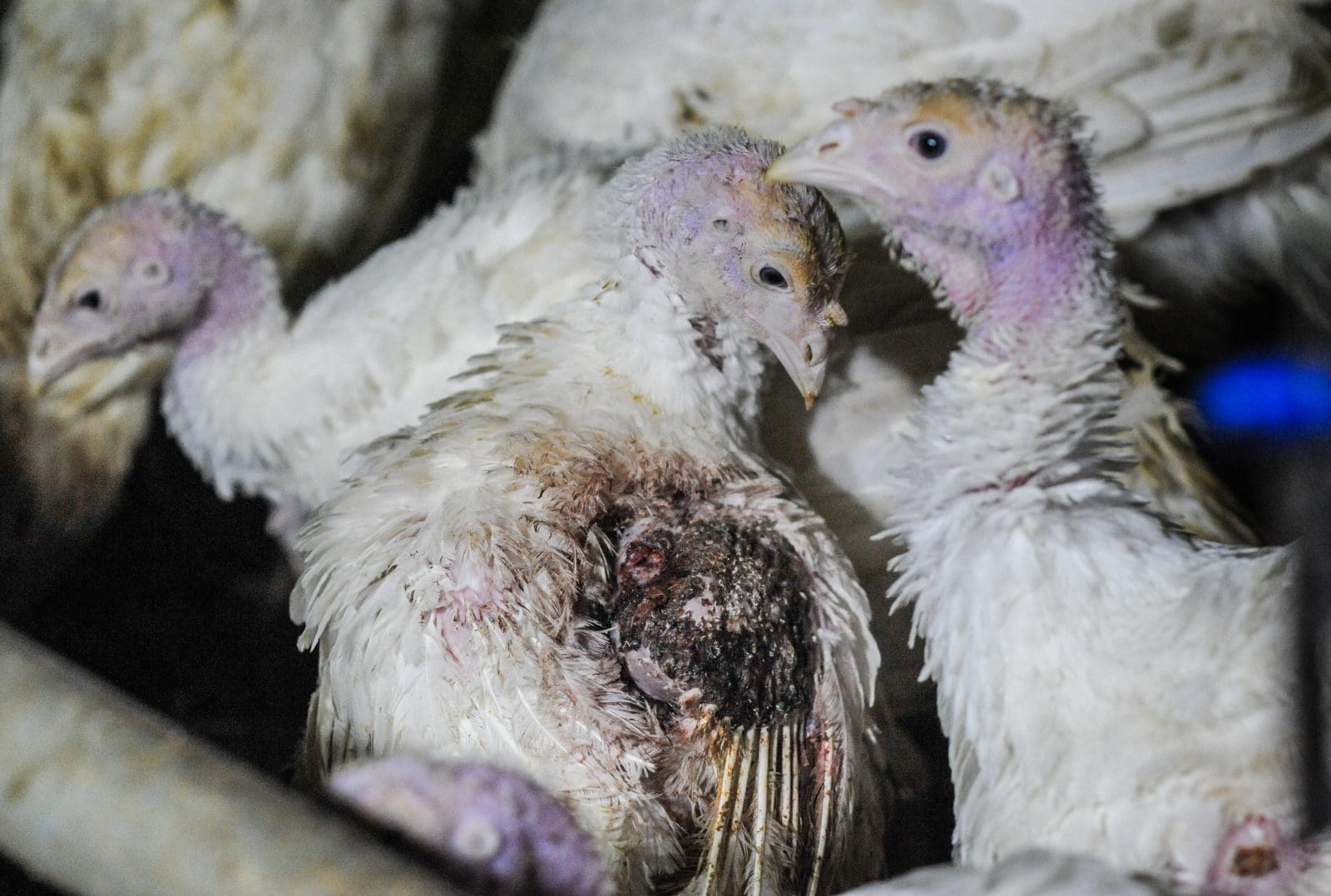The “Issues” section sheds light on the widespread and often hidden forms of suffering that animals endure in a human-centered world. These are not simply random acts of cruelty but symptoms of a larger system—built on tradition, convenience, and profit—that normalizes exploitation and denies animals their most basic rights. From industrial slaughterhouses to entertainment arenas, from laboratory cages to clothing factories, animals are subjected to harm that is often sanitized, ignored, or justified by cultural norms.
Each subcategory in this section reveals a different layer of harm. We examine the horrors of slaughter and confinement, the suffering behind fur and fashion, and the trauma animals face during transportation. We confront the impact of factory farming practices, the ethical cost of animal testing, and the exploitation of animals in circuses, zoos, and marine parks. Even within our homes, many companion animals face neglect, breeding abuses, or abandonment. And in the wild, animals are displaced, hunted, and commodified—often in the name of profit or convenience.
By uncovering these issues, we invite reflection, responsibility, and change. This is not just about cruelty—it is about how our choices, traditions, and industries have created a culture of dominance over the vulnerable. Understanding these mechanisms is the first step toward dismantling them—and building a world where compassion, justice, and coexistence guide our relationship with all living beings.
The truth about eating animal meat is more alarming than many realise, with consequences that extend far beyond the dinner table. From accelerating climate change and driving deforestation to polluting waterways and depleting vital resources, animal agriculture is a leading force behind environmental destruction. At the same time, consuming meat has been linked to serious health risks such as heart disease, cancer, and antibiotic resistance. This industry also raises ethical concerns due to its treatment of animals in factory farms. By shifting towards a plant-based diet, we can reduce our ecological footprint, improve our health, and advocate for a more compassionate world—making it an urgent choice for individuals seeking positive change

















































